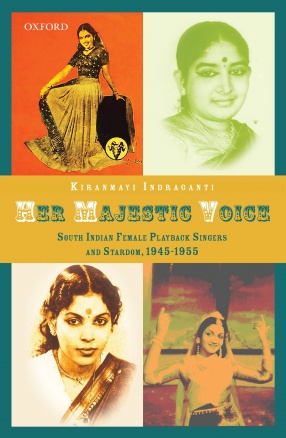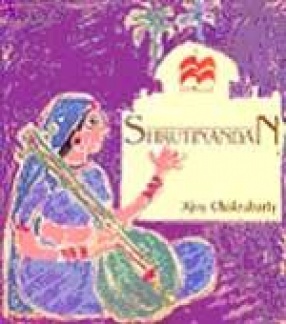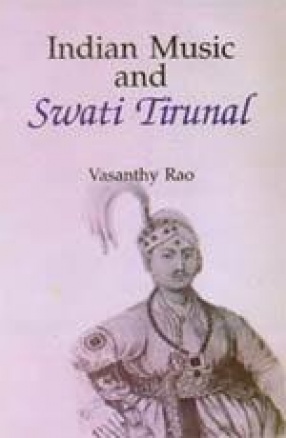The emergence of singers in Bombay, Madras, and other film industries of India, as musical models to be admired and remembered, coincided with the ascendancy of film songs as the dominant mode of entertainment. In the 1950s, many a south-Indian film song belonged to playback singers such as R. Balasaraswati Devi, K. Jamuna Rani, Jikki Krishnaveni, P. Leela, and the singing actress P. Bhanumati, whose popularity and stardom flourished and remained independent of the ‘Bombay influence’ and its specific vocal endorsements.
Based on personal interviews of the singers, extensive archival research on film practices, and close textual analysis, this work fills a gap in the history of Indian cinema by presenting a compelling account of the ways in which playback stardom developed under specific socio-cultural conditions and was closely connected with ideas of respectability, art, and artistic talent. An important work on early cinema and unfamiliar song-production practices, Her Majestic Voice chronicles a hitherto untold history of struggles, artistry, and rise to fame while analysing the historical role of playback singers in south India between 1945 and 1955.
Contents: Introduction. 1. Broad strokes and simple chords. 2. Telugu talkies. 3. Of ‘ghosts’ and singers: debates around playback singing. 4. My song: life as a playback singer. 5. New language, new singer. Conclusion. Appendices. Bibliography. Index.





There are no reviews yet.